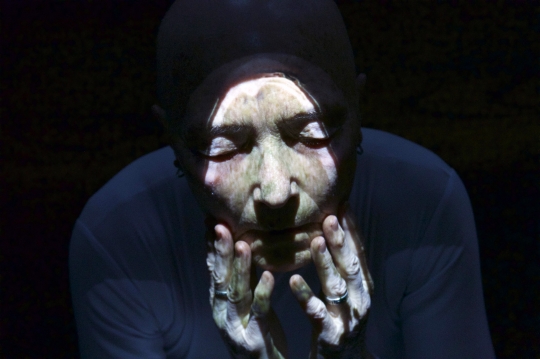What is a Teddy?
Berlin’s 68th annual film festival, Berlinale, is upon us…..which means a new year of provocative LGBTQ+ movies! Each year the Berlin festival awards the top prize, a Teddy award, which has helped launch the careers of many directors. According to Wikipedia, “the Teddy Award is an international film award for films with LGBT topics, presented by an independent jury as an official award of the Berlin International Film Festival (the Berlinale). Here, an “independent jury” implies that its members are not officially selected by the committee of the Berlinale. In the most part, the jury consists of organisers of gay and lesbian film festivals, who view films screened in all sections of the Berlinale. Subsequently, a list of films meeting criteria for LGBT content is selected by the jury, and a 3,000-Euro Teddy is awarded to a feature film, a short film and a documentary. In 1987 German filmmakers Wieland Speck and Manfred Salzgeber formed a jury called the International Gay & Lesbian Film Festival Association (IGLFFA) to create an award for LGBT films. The first Teddy Award was given to Pedro Almodóvar for his film La ley del deseo, which featured Antonio Banderas. 1990 was the first bigger festival in the LGBT centrum SchwuZ in Berlin with around 400 guests. The evening was organized from BeV StroganoV and workers of the bookstore Eisenherz in Berlin. In 1992 the award was officially made part of the Berlin International Film Festival. In 1997 TEDDY e.V., a non-profit organisation was founded, which lobbied the award.”
For a look at this year’s competition, check out the 2018 line-up: http://teddyaward.tv/en/program/





